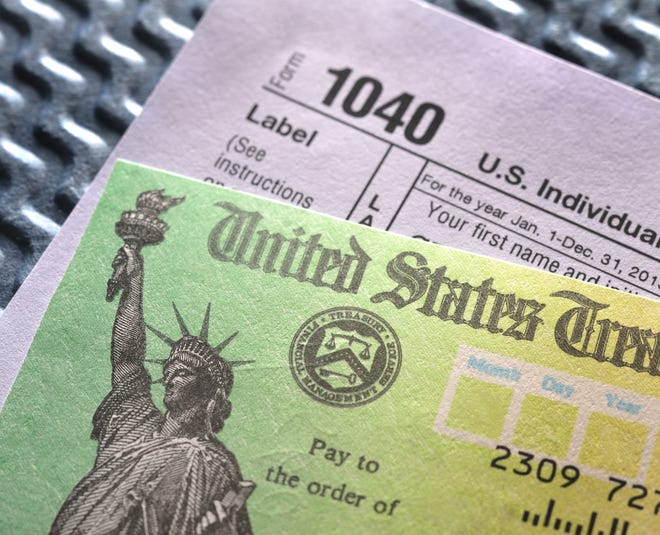How States Plan to Spend ‘Millionaire Tax’ Revenue
Although the proposed taxes appear similar, there are differences in how each state plans to use the revenue.
In Massachusetts, assuming voters pass the measure, the tax is expected to generate about $1.3 billion in revenue in 2023, according to an analysis by Tufts University. The state aims to use the revenue to fund public education, roads, bridges and public transportation.
The California tax is expected to raise between $3.5 billion and $5 billion a year if passed, and the state plans to use the revenue to pay for zero-emission vehicle programs and wildfire response and prevention .
Whether or not voters support higher income taxes, revenue plans often affect Election Day results, experts say.
“We’ve seen voters reject tax increases on high incomes, even when they apply to relatively few people,” said Jared Walczak, vice president of state projects at the Tax Foundation. “And we’ve seen them pass income tax changes that would affect a lot of people.”
We have seen voters reject tax hikes on high earners, even when they apply to relatively few people.
Jared Walczak
Vice President of State Projects at the Tax Foundation
Overall, there’s a clear pattern with state ballots: Voters care about plans for money, he said.
With funds earmarked for subsidies for zero-emission vehicles, Proposition 30 is opposed by Governor Gavin Newsom, who believes the measure will negatively impact the state’s economy without a benefit that “largely accrues to Californians.” “Walczak said.
There has been a push for progressive taxes in Massachusetts
Another factor that may affect voters is the current income tax structure in each state, experts say.
“Massachusetts has been talking about creating a progressive tax rate for a long time,” said Richard Auxier, senior policy associate at the Urban-Brookings Tax Policy Center, noting that the current flat income tax is 5%, regardless of or income.
“Part of it is that they want this ability to shift some of the state’s overall tax burden up the ladder,” he said.
In contrast, California has a progressive income tax system, with a top rate of 13.3% for individuals earning more than $1 million per year.
“California already has a very high top margin [tax] “Walczak said. “Even though voters are broadly in favor of progressive taxes and support higher rates for high earners, they may think this goes far enough.
Walczak said he doesn’t believe the proposed taxes on millionaires are part of a larger trend at the state level. Since 2021, some 21 states have reduced personal income taxes, and only one state, New York, and the District of Columbia have increased levies.
“You can’t read much about what voters want based just on poll access,” he added.
Federal plans to raise taxes on the wealthiest Americans have failed
Despite growing interest in taxing the ultra-rich, the federal proposals failed to gain traction.
After releasing dueling wealth tax proposals in the 2020 presidential primaries, the senses. Elizabeth Warren, D-Mass., and Bernie Sanders, I-Vt., along with other Democrats, in March 2021 launched the Ultra-Millionaires Tax Act, a 2% annual top wealth tax 50 million dollars and 3% on assets over 1 billion dollars.
And Senate Finance Committee Chairman Ron Wyden, D-Ore., in October 2021 proposed a plan for a tax affecting Americans with more than $1 billion in wealth or adjusted gross income above $100 million for three consecutive years.
In March, President Joe Biden unveiled a wealth tax proposal as part of his 2023 budget, calling for a 20% levy on households worth more than $100 million.
While many Americans endorse higher taxes for the ultra-wealthy, these plans have not garnered widespread support.
 Resource KT
Resource KT


